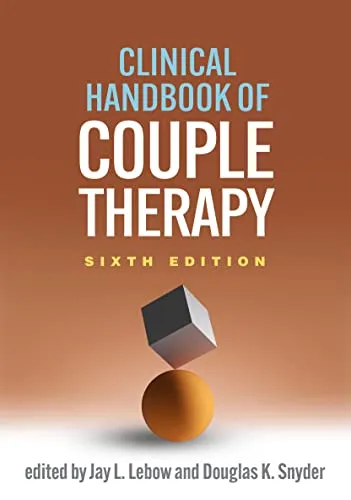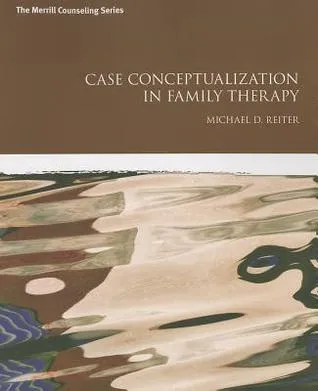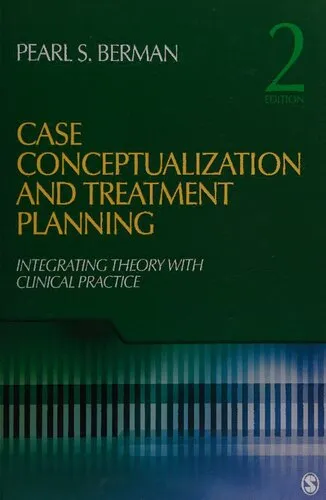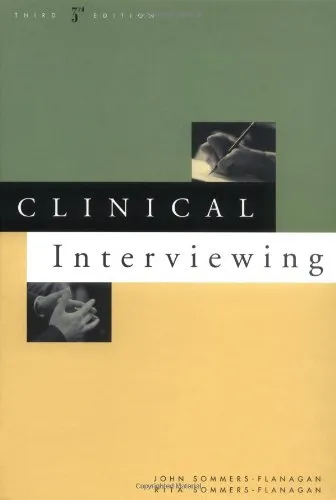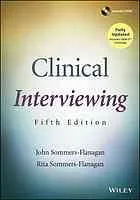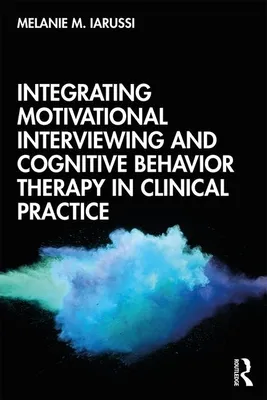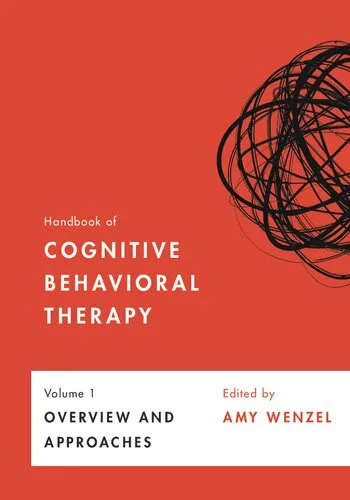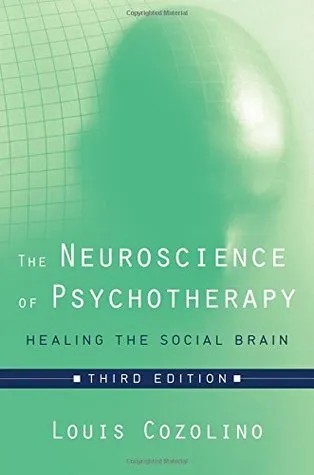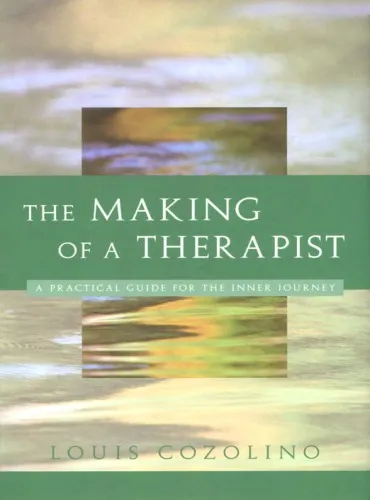Handbook of Cognitive-Behavioral Therapies, Fourth Edition
4.5
Reviews from our users

You Can Ask your questions from this book's AI after Login
Each download or ask from book AI costs 2 points. To earn more free points, please visit the Points Guide Page and complete some valuable actions.Related Refrences:
Welcome to the introduction of the Handbook of Cognitive-Behavioral Therapies, Fourth Edition. Authored by Keith S. Dobson and David J. A. Dozois, this seminal work continues its tradition of advancing the field of cognitive-behavioral therapy (CBT). Fully updated with the latest research and evidence-based practices, this edition provides an indispensable resource for clinicians, researchers, teachers, and students alike. With contributions from leading experts, the book equips readers with both foundational principles and cutting-edge methods in CBT.
Detailed Summary of the Book
The Handbook of Cognitive-Behavioral Therapies, Fourth Edition expertly balances theoretical foundations with practical applications, making it a must-read for anyone involved in the field of psychological treatment. Across its chapters, the book explores the core principles of CBT, its historical roots, and its advancements in science and practice. It covers different approaches, including traditional methods like Beck’s cognitive therapy, as well as newer applications such as mindfulness-based interventions.
The authors provide detailed frameworks for applying CBT to a wide range of psychological disorders, including depression, anxiety, PTSD, and personality disorders. This edition also emphasizes diversity in clinical settings, acknowledging the specific needs of varied populations. The book incorporates innovative strategies to address complex clinical issues, including new insights into transdiagnostic approaches and third-wave CBT approaches like schema therapy and acceptance-based models.
The structure of this handbook allows for comprehensive learning, whether the reader is new to CBT or an experienced practitioner. Each chapter blends theoretical discussions with case studies and step-by-step guidance, making the book immensely practical and intellectually stimulating.
Key Takeaways
The Handbook of Cognitive-Behavioral Therapies, Fourth Edition enriches the reader with several key insights:
- A profound understanding of CBT principles, strategies, and their historical context.
- Step-by-step methodologies for treating complex psychological disorders via CBT techniques.
- Emerging trends in CBT, including mindfulness, emotion-focused interventions, and transdiagnostic strategies.
- Practical insights into tailoring therapies for diverse populations and clinical settings.
- Evidence-based advances from global contributors in CBT research and practice.
- Case studies and examples that showcase real-world applications of theoretical concepts.
- A guide for developing clinical expertise, suitable for both novice clinicians and seasoned professionals.
Famous Quotes from the Book
The book features impactful insights that resonate deeply with practitioners and researchers:
"Cognitive-behavioral therapy is more than a set of techniques; it is a framework that enables therapists to engage in a collaborative and transformative journey with their clients."
"The strength of CBT lies in its empirical basis and adaptability to meet the needs of diverse populations."
"Understanding the interplay between cognition, emotion, and behavior opens pathways for meaningful and lasting change."
Why This Book Matters
The Handbook of Cognitive-Behavioral Therapies, Fourth Edition is far more than just a textbook; it is a global touchstone for advancing mental health care. At a time when the prevalence of mental health disorders is steadily increasing, evidence-based therapies like CBT are vital to addressing such challenges effectively.
By bridging research and practice, this book plays a crucial role in shaping the future of psychotherapy. Its emphasis on diversity, personalized interventions, and the integration of advanced approaches makes it a timeless resource. Whether you're seeking to deepen your clinical skills, conduct impactful research, or teach the next generation of therapists, this handbook is your definitive guide.
With contributions from an array of experts, the book ensures that its readers are equipped with the knowledge, tools, and perspective needed to thrive in the evolving landscape of mental health. It underscores the importance of continued learning and adaptation in the quest for better treatments and improved lives.
Free Direct Download
You Can Download this book after Login
Accessing books through legal platforms and public libraries not only supports the rights of authors and publishers but also contributes to the sustainability of reading culture. Before downloading, please take a moment to consider these options.
Find this book on other platforms:
WorldCat helps you find books in libraries worldwide.
See ratings, reviews, and discussions on Goodreads.
Find and buy rare or used books on AbeBooks.
1324
بازدید4.5
امتیاز0
نظر98%
رضایتReviews:
4.5
Based on 0 users review
Questions & Answers
Ask questions about this book or help others by answering
No questions yet. Be the first to ask!

